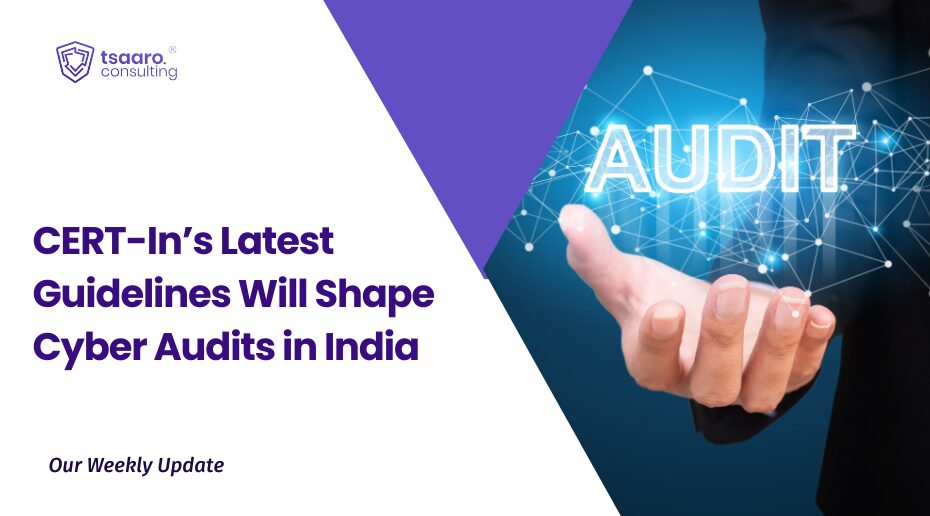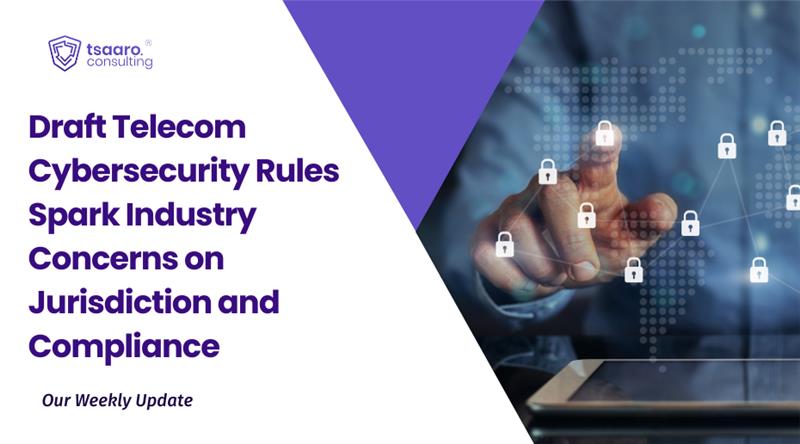Today, we face a daily reality where organisations regularly gather huge amounts of Users data, and they use this data intending to offer some incentive. Sooner or later, this data is utilised in ways the Users haven’t consented to. Data security has turned into a more noteworthy worry in light of those potentially harmful results in a recent couple of years.
Users are becoming progressively mindful of the ramifications of their data being shared and used by organisations. Administrators and government officials are similarly bringing up issues about how Users’ data is being utilised. The vast majority of the populace, in any case, actually doesn’t see how important their data genuinely is. However, it is gradually crawling into the structure, holding the system together through issues like polarisation, deception, preference for non-threatening data and other negative impacts.
Accordingly, a few data security laws like GDPR and CCPA have added an extra layer of protection. In any case, they don’t go far to the point of securing User data protection. There is a requirement for many more steps to be taken, and the web should generally change to help a better connection among organisations and Users protection. Today, trend-setters allude to this new, principal change in the biological web system as Web 3.0. Unlike Web 2.0, Web 3.0 empowers an existence where Users can possess and be appropriately made up for their data.
What is Web 3.0?
Web 3.0 – is the new popular expression assuming control over the Internet world. Otherwise called the decentralised web, Web 3.0 is the third form of the Internet, which is an improvement over the current Web 2.0 Internet.
Under Web 2.0, the Internet has become more friendly. Under this stage, Internet users have been urged to interface with one another through person to person communication administrations and sites, prompting the formation of monstrous volumes of information and content.
Be that as it may, this information and substance are generally constrained by the gathering of tech giants including Amazon, Apple, Meta, Microsoft and Google in the current Web 2.0 stage. This creates protection issues, and Users might believe that they have lost their opportunity over their own business or financial information as one needs to acknowledge every one of the agreements to utilise the Internet administrations presented by these organisations.
Moreover, web-based media locales have executed stricter standards for which sorts of content or posts will be acknowledged on their foundation. This has made the debate over free discourse.
Web 3.0 is expected to assist with beating this issue as it is relied upon to be a decentralised form of the Internet where individuals have command over their information. The third form of the web will have more straightforwardness and gloat gigantic substance that will be open to all.
Moreover, Web 3.0 is accepted to be more user-explicit, which will guarantee information security and protection while keeping away from the danger of Internet hacking.
How does Web 3.0 ensure a privacy driven future for users?
1. Blockchain innovation. Of course, blockchain is a decentralised innovation that permits no specific individual or gathering to control an environment completely. Instead, all Users, on the whole, can hold control. While there is no single overseeing substance in blockchain, blockchain is a data set with records while algorithmically guaranteeing security and straightforwardness.
2. Extraordinary blockchain structures have genuinely been viewed as the motivation to guarantee that all entertainers, from the people who keep up with the record and power the organisation to the organisations that expand on top of the blockchain, really work decently and straightforwardly. When they don’t, those entertainers can be rebuffed because of the principles of the blockchain or aggregate democratic.
3. Users can, in any case, share their data, yet they will know precisely how it’s utilised. Assuming blockchain is executed appropriately, Users ought to choose when, how and how long to share their data. Users likewise should know precisely the way that it’s used. Assuming an organisation offers Users’ data to an outsider, the Users should realise which organisations it has been provided to. On the off chance that inquiries in Google are utilised to anticipate and show Users a specific advertisement, they should know this as well.
4. Users can renounce the data they share whenever. If users aren’t happy with how their information is utilised or are not generally keen on offering data to a specific organisation, they can preferably be denied access.
5. Less Hackable. Blockchain is intended to be computationally challenging to hack today because of various shields. The mass, worldwide reception of Bitcoin shows that blockchain is challenging to hack up to this point. This is extraordinary data, as there have been 98.2 million people affected by the ten greatest data breaks in the central portion of 2021, as per data accumulated by ITRC and the US Department of Health and Human Services. As the race against programmers slopes up, blockchain innovation offers extra protection.
While we are years from mass reception of blockchain advancements, the following are a couple of ways that organisations can be prepared and situated for a protection driven future to get by and flourish:
1. Be straightforward and straightforward with how Users’ data is utilised. The more a business shares, the more probable the Users are to trust the business.
2. Be clear in the worth trade to users when users’ data is expected to work the business. Numerous organisations genuinely do offer some incentive to Users who share their data. If those organisations can convey how they drive esteem, users will concede admittance to the data. This empowers a more dependable connection with Users.
3. Review strategic policies to secure Users protection.
4. Keep a receptive outlook toward new advancements like blockchain that may last drive the fate of the web and User protection. While we are possible numerous years out from the mass reception of Web 3.0 advances that empower strict security, keeping a receptive outlook will enable organisations to make the change with insignificant disturbance to their organisations.
At last, Web 2.0 has driven staggering mechanical advancement in this world. As a characteristic development of the web and to battle issues encompassing Users protection/data breaks, Web 3.0 is coming, and blockchain will probably be the essential innovation that drives this advancement at scale.
What does Web 3.0 mean for privacy?
For protection, this exciting modern lifestyle will mean people, undertakings, and machines can impart more data to far more critical security and security. We will never again depend on (or will cooperate in our specific manner with) Big Tech stages with all their intrinsic dangers. Users will possess their data and computerised impression utilising decentralised character advances.
In 2018, the IAPP spread out precisely what Web 3.0 could mean for security and was profoundly hopeful:
We’ll utilise cryptographically tied down computerised personalities to trust finish exchanges that right now expect us to surrender our exceptionally delicate and profoundly significant individual data. We will presently not be the item and return to being the Users.
The Googles of the world will never again control our data, and agitators will be less ready to assault it. In addition, state-run administrations won’t hold our data. All applications, Users and their gadgets will cooperate straightforwardly, and these administrations will put data away in secure decentralised ways. This will mean we’ll see fewer data penetrates that influence enormous quantities of Users and legitimately return data control to individual Users.
What are the major concerns for privacy with the coming of web 3.0?
Protection guidelines may be hindrances, and controllers should unwind issues including:
- Who is the regulator/processor for decentralised individual data.
- Where might the decentralised data be put away – area and locale.
Instructions to react to subject access solicitations and which substances are needed to respond to such asks for
- Step by step instructions to erase or change individual data on and off the blockchain.
- Simple to utilise and helpful decentralised applications will be principal for the normal Users.
Conclusion
Progress is a change in perspective, and a difference to this extent would challenge old models as we probably are aware of them. From the security regulation viewpoint, decentralisation makes it hard to distinguish between the by and by recognisable data (PII) regulator and the PII processor. Because of its absence of focal control and admittance to data, Web 3.0 could make it significantly harder to police cybercrime, including on the web provocation, disdain discourse and youngster misuse of pictures. Additionally, suppose content somehow happened to be facilitated from one side of the planet to the other. In that case, it could act as administrative moves to determine which country’s laws apply to a specific site. There is no question we should be prepared for change. A decentralised web will reshape how we sort out data on the web, with blockchain innovation having the capacity to revamp associations. Web 2.0 gives a webbing 3.0, which could change whole enterprises. Controllers, organisations, and even buyers need to begin reconsidering how we handle online protection and security issues from the perspective of Web 3.0 to stay up with the advancing scene.












